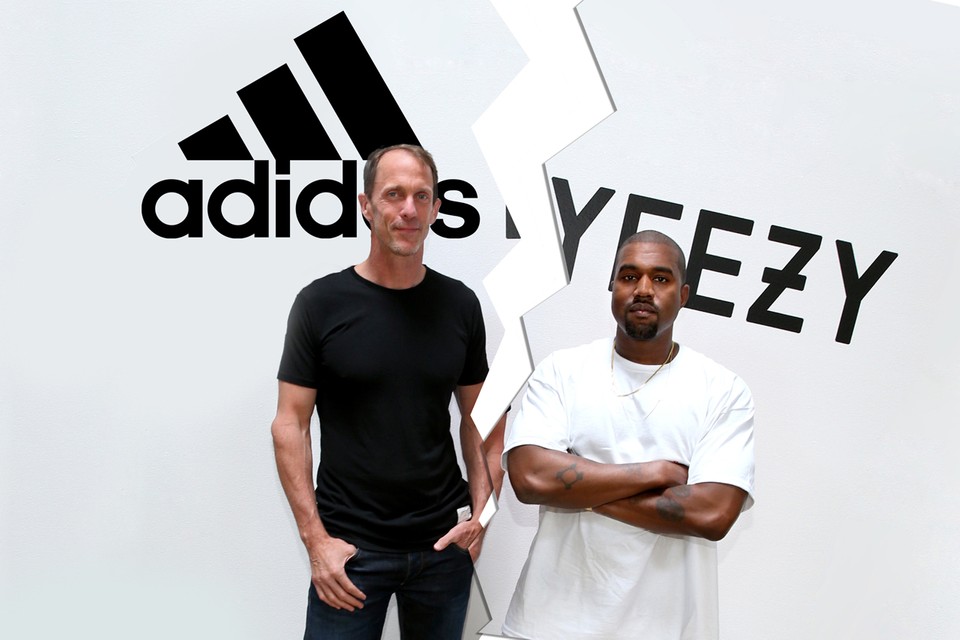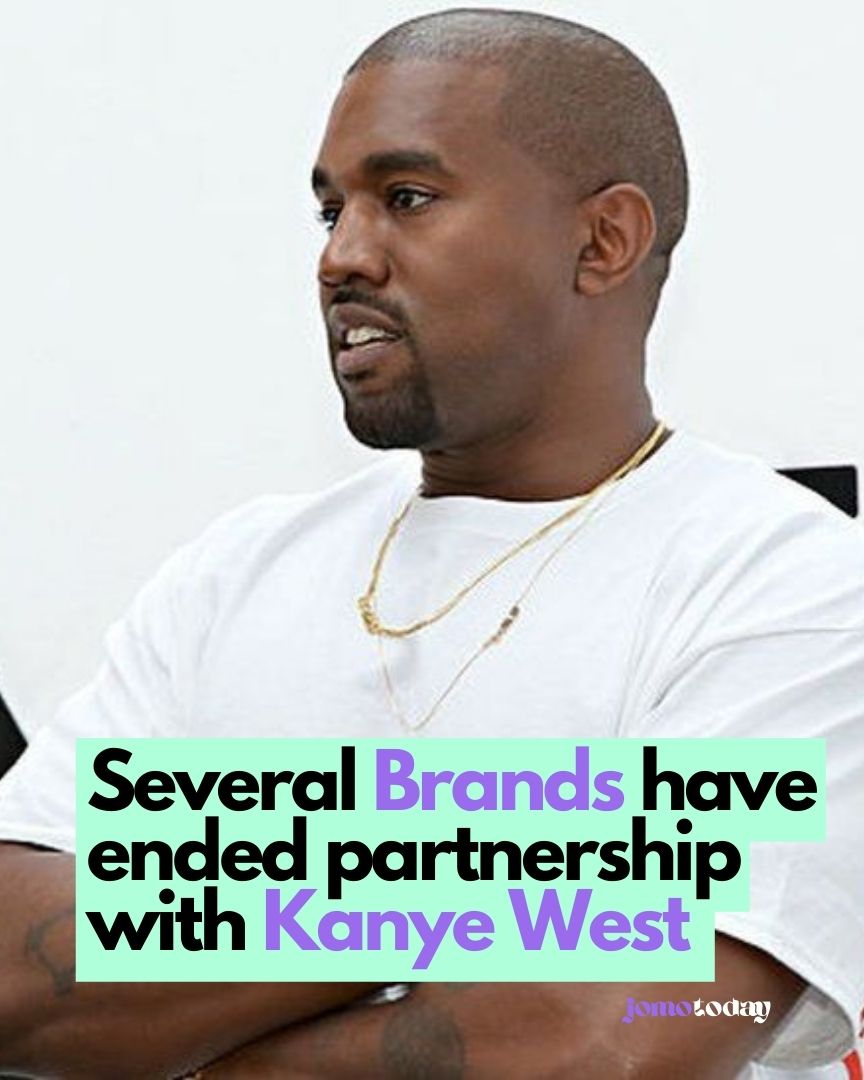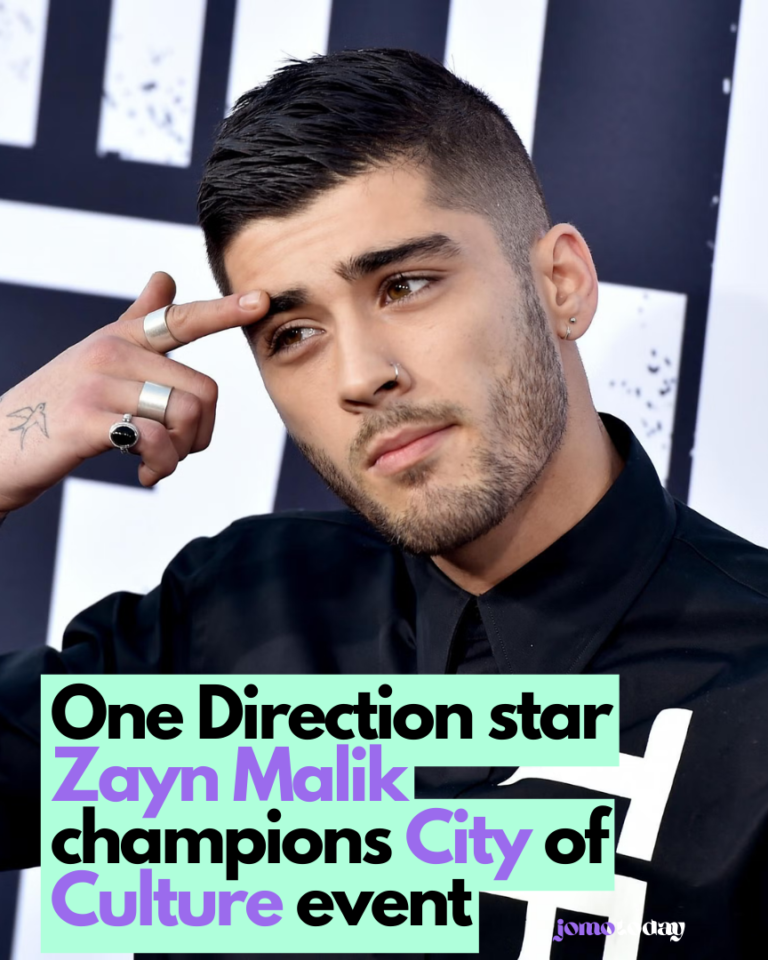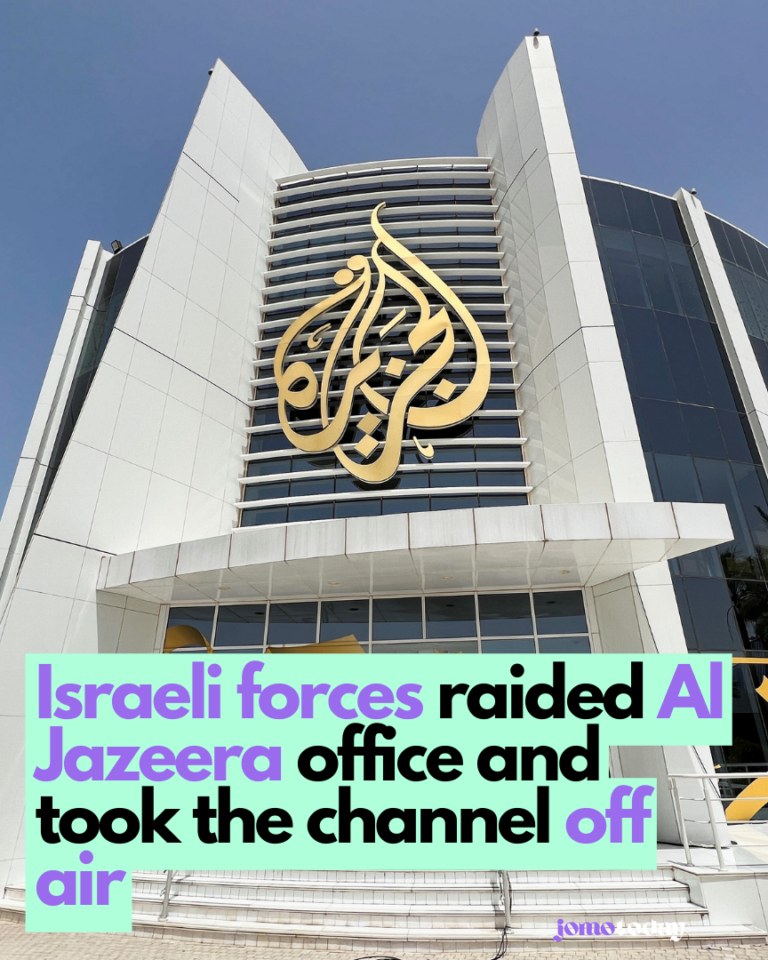Earlier this week, Adidas ended its partnership with rapper and fashion designer Ye (formerly known as Kanye West). His decision came at about the same time many other companies have cut ties with their artists, but just weeks after Ye began making offensive comments.
Many people asked themselves: Why did Adidas and Co. take so long? He called Adidas directly during a podcast appearance, made anti-Semitic comments, and boasted that the company would never cut ties with him.
The latest story began in early October when Ye wore a T-shirt with the slogan “White Lives Matter.” This is a statement the Anti-Defamation League has tied to the Ku Klux Klan. At the time, Adidas, which first collaborated with the artist on Yeezy-branded shoes and apparel in 2013, said it was considering a partnership.
In his appearance, Ye repeated anti-Semitic conspiracy theories and made other offensive claims.
He referenced Adidas directly: “I can say antisemitic things, and Adidas can’t drop me. Now what?”
Adidas only announced that he was severing ties with Ye on Tuesday, October 25, more than a week after the release of the podcast.

It “does not tolerate antisemitism and any other sort of hate speech,” calling Ye’s recent comments “unacceptable, hateful and dangerous” as well as in violation of the company’s “values of diversity and inclusion, mutual respect and fairness.” The company said in a statement.
Adidas wasn’t the only one taking the time. Balenciaga parted ways with Ye last week, and Gap and Ye parted ways in September, but this week it took the Yeezy line off the shelves. TJ Maxx stated that they would not buy the item you are selling.
But Adidas took much of the spotlight following Ye’s comments on the “Drink Champs” podcast.
Andrew Gilman, founder, and CEO of CommCore, a consulting group with expertise in crisis communication said, “Why the delay? In such a situation, companies face a dilemma. On the one hand, they “have to be fast,” he said. “At the same time, they want to be deliberate.”
Companies can slide on this tightrope. And one wrong step can affect their finances and reputation.
The company’s final straw seems to have been the image that went viral this weekend. A photo from a freeway overpass in Los Angeles shows a small group of protesters raising their arms in
Adidas announced this week that it will make a profit of €250 million (approximately $249 million) in the fourth quarter as a result of the decision. Douglas Hand, a fashion attorney, and partner at Hand Baldachin & Associates says things could get much worse.
He said, “That’s just the short-term impact. Kanye and Yeezy were significant elements of their revenues and profitability. They’re, in effect, shuttering a brand that has been very, very successful for them.”
According to Morgan Stanley, Yeezy products brought Adidas about $2 billion in sales last year. That’s 8% of the company’s total sales. The line helped Adidas attract new customers and increase shelf space in stores. (Adidas said it would remain “the sole owner of all design rights to existing products and past and new colorways” in its partnership with Ye.)
Adidas will provide shareholders with a financial obligation. Before giving up on such a lucrative business, you need to make sure it’s the right move.
Most public companies are “very committed to financial decisions beyond more mission-aligned decisions,” said Hand.
But there are costs to dragging your feet.
“What they’ll lose depends on how strong the brand is, to begin with,” Gilman said.
And by keeping quiet for days after Ye’s podcast appearance, Shanler said, Adidas “missed an opportunity to make a forceful and immutable statement in opposition to antisemitism.”
Learn more about Kanye West
Popular rapper, Kanye West stands by his antisemitic remarks






Leave a Comment